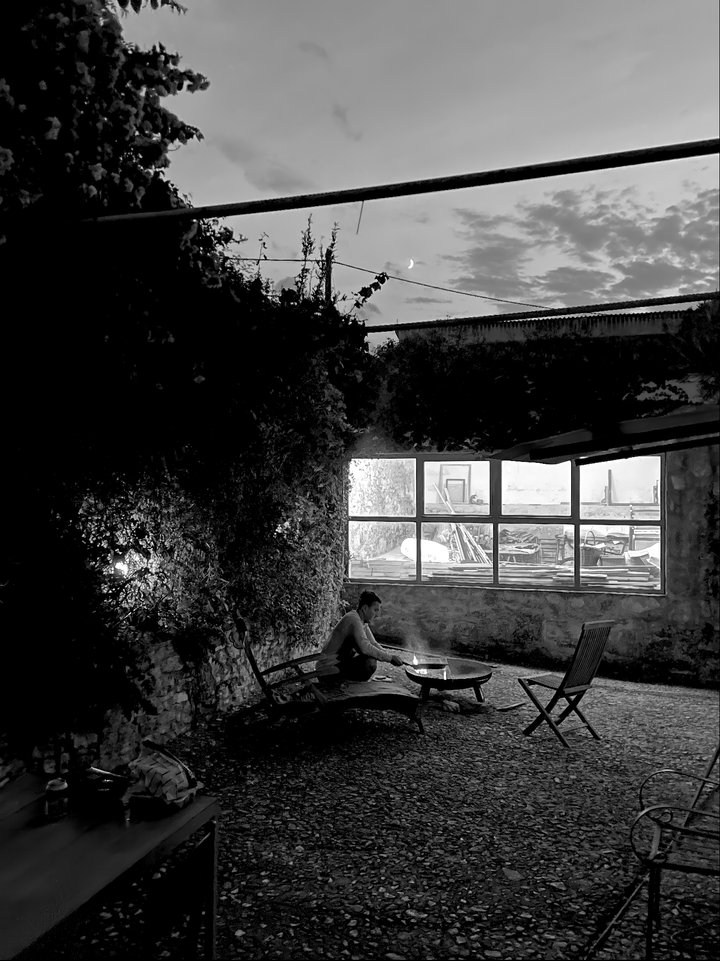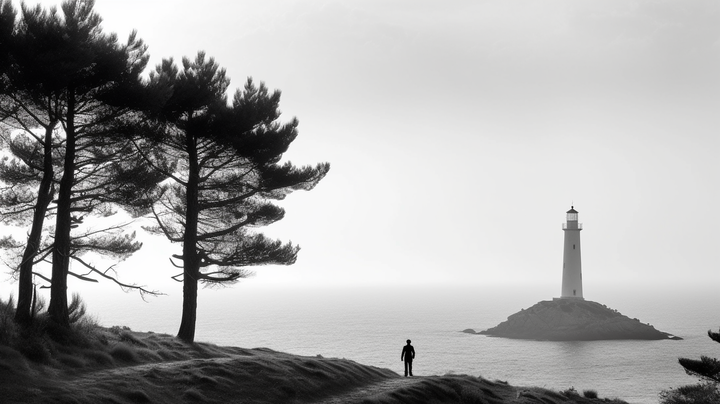Function of Today's Ideology is to Kill Hope
Modern ideologies like individualism and consumerism obscure systemic issues, fuel despair, and kill hope. Reclaim hope by interrogating these ideologies and envisioning change.

The twinkling of stars on a clear night sky may be a sight to behold, but in the world of ideas and ideologies, it seems that darkness has descended, intent on snuffing out the last flicker of hope. Drawing from Slavoj Žižek's witty insights, we shall explore the inner workings of contemporary ideologies and how they seem hell-bent on killing hope.
As we delve into the convoluted world of modern-day ideologies, one cannot help but think of Žižek's joke about the man who believes himself to be a kernel of grain. A psychiatrist successfully "cures" the man by convincing him he is not a grain, only for the patient to return in a panic, fearing that a chicken will eat him. When the psychiatrist reminds the man he is not a kernel of grain, the patient replies, "I know that, but does the chicken know?"
This joke, like the kernel of grain, contains the seed of an unsettling truth. Today's ideologies may appear to be grounded in rationality, but they often operate as mechanisms to maintain ignorance and despair. Like the kernel of grain, we find ourselves trapped in a world that feeds on hope and rationality, only to be consumed by the chickens of despair.

One of the most poignant examples of this phenomenon is the narrative of individualism, which touts the virtues of personal responsibility and self-reliance. It has long been a cornerstone of Western thought, but as Žižek points out, it can also function as an instrument of control. By preaching the importance of individual effort, this ideology obscures the systemic inequalities that keep many from achieving success, effectively blaming the victims of these systems for their own suffering. Hope is thus extinguished as people internalize this narrative, believing they are solely responsible for their failures, rather than recognizing the structural forces at play.
Similarly, the rise of consumerism has created an ideology that measures one's worth in material possessions and encourages the pursuit of happiness through material means. This ideology, Žižek argues, is a powerful opiate that numbs us to the deeper issues plaguing our society. As we chase after the latest gadgets and indulge in fleeting experiences, we lose sight of the true sources of happiness and meaning. In our quest for material satisfaction, we sacrifice our ability to imagine a better world, and hope withers away.
Another potent example is the prevailing discourse on environmentalism. While it is crucial to raise awareness about climate change and advocate for sustainable practices, the ideological framework often places the burden of responsibility on individual actions. This approach not only distracts from the need for systemic change but also fosters feelings of guilt and despair among people who feel powerless in the face of overwhelming challenges. Again, the ideology kills hope as it reduces our capacity to envision collective action and change.
In today's world, ideologies function much like the joke about the kernel of grain. They convince us that we are alone in our struggles, that we must navigate the complexities of life as isolated individuals, and that our failures are solely our own. In doing so, they effectively extinguish the hope that we can come together to address the systemic problems that affect us all.
To counter this trend, we must reclaim hope by interrogating the ideologies that hold us captive. By deconstructing these narratives, we can expose their underlying mechanisms of control and begin to imagine new possibilities. In the words of Žižek, "the true function of utopia is not to present an ideal image of a perfect world, but to make us confront the deadlock of our present predicament." Only then can we begin to rekindle the hope that is so essential to a brighter future.



Comments ()